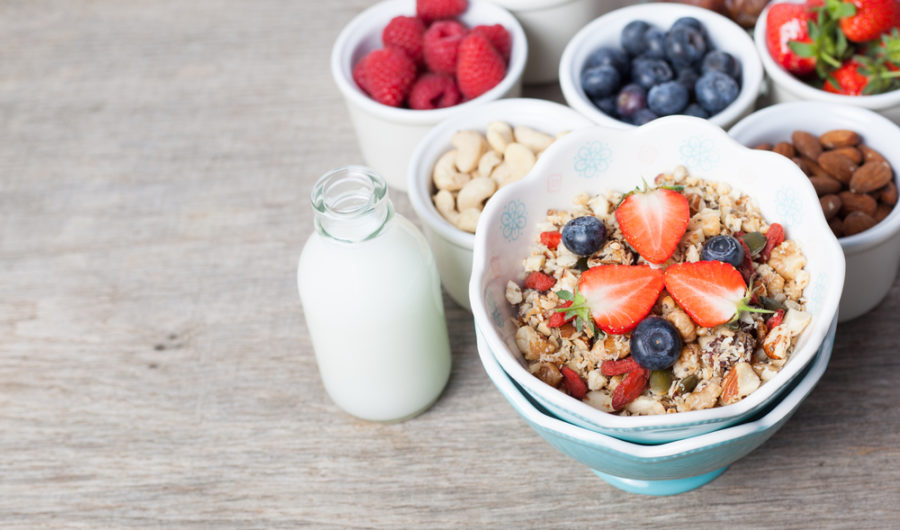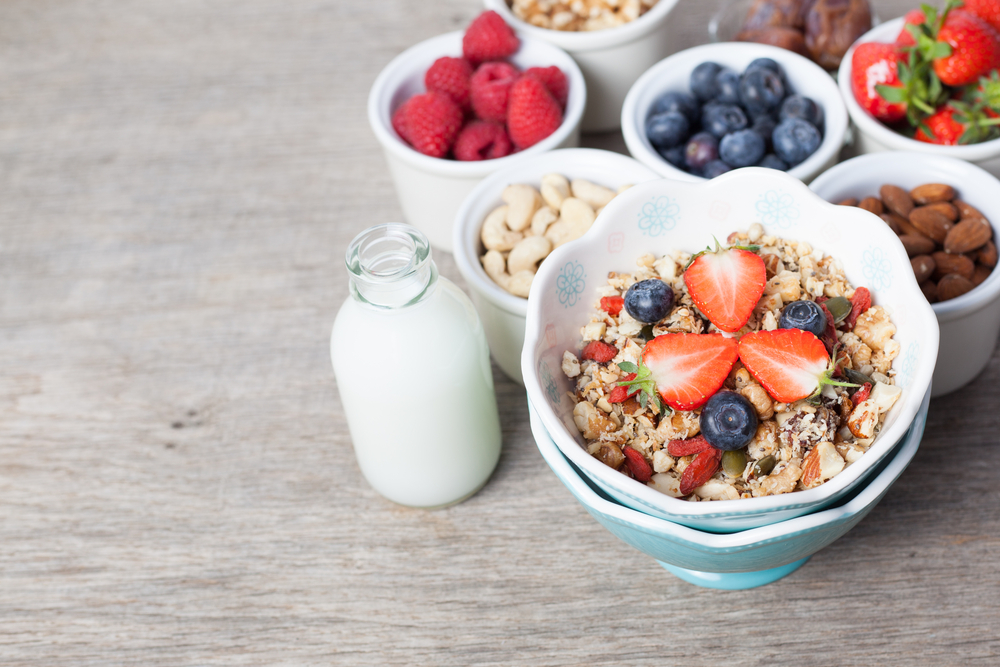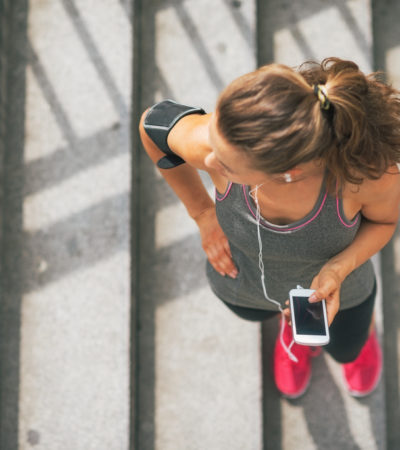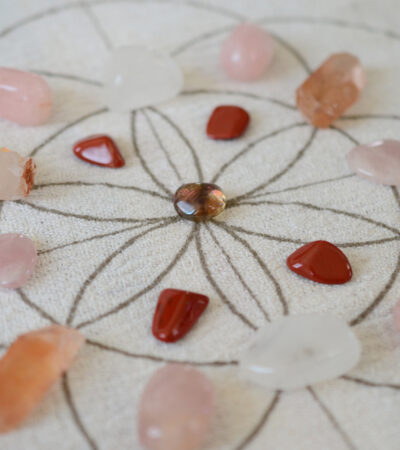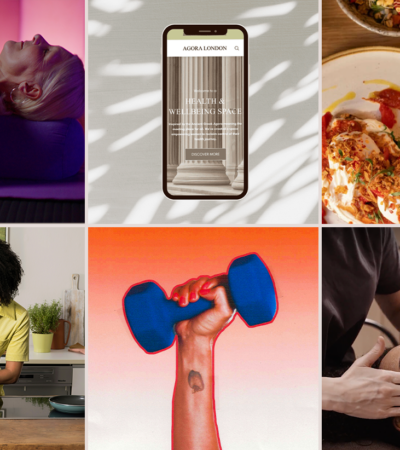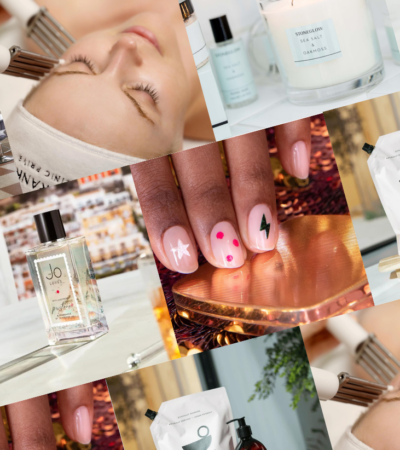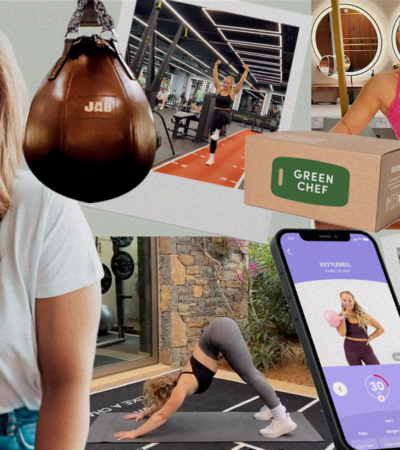Hip & Healthy contributor, Jemma Crow, discusses the rise in the plant-based diet and how this new (and hopefully lasting) trend can positively impact the world we live in.
Chances are you’ve heard of eating clean, recycling and organic vegetables right (it’s 2016 after all) but there’s a new trend bubbling under the radar for the health concious of today. According to a report commissioned by The Vegan Society, the vegan community has increased over 350% over the past decade, making it one of the fastest growing lifestyle movements in Britain. But where has this sharp change in the attitudes of young people come from? Is this something people are doing for ethical reasons, or is it part of our new found love of all things healthy?
So full disclosure here: I’ve been vegetarian for over 20 years. However, my childhood request to stop eating meat wasn’t an ethical one – I simply didn’t like the taste. My parents weren’t keen on the idea at first, but when the mad cow epidemic struck, my mum decided that eating meat wasn’t for her either so I was allowed to make the change.
In recent years, I’ve developed IBS and dairy products such as milk and cheese no longer agree with me like they used to. These days, I eschew them the majority of the time, electing for plant and nut based equivalents instead. While I’ve technically spent the past two decades as a pescatarian, eating fish has started to lose its appeal – possibly due to living with my vegetarian boyfriend and not wanting to cook two separate meals. It’s for these reasons that I’ve been considering making the move to plant-based eating.
To most, the plant-based lifestyle is still seen as fairly restrictive; think about going out for dinner with friends and chances are you’ll imagine a lacklustre menu choice with only one or two options. Thanks to the rise of plant-based health bloggers and specialist restaurants popping up across the country, many young people are taking on this lifestyle and really considering how their choices impact the environment.
Now, it’s not an all or nothing situation. Not everyone commits to plant-based eating full time. Former Glee star Lea Michelle discusses a selective plant-based diet in this month’s Women’s Health magazine, revealing she allows herself a good piece of organic meat during a nice meal out but keeps her house an exclusively meat-free zone. Here’s an example closer to home too. London Fitness Girl Founder Natasha Richardson sticks to a similar regime, following a plant-based lifestyle Monday to Friday and allowing herself organic fish and free range eggs on the weekend. Her rationale? “After living as a strict vegan for 12 months and working 14-hour days, I was left deficient in vitamin D, Iron and B12 and constantly felt tired and lethargic. I’ve realised that it’s essential I live a balanced life and know that there’s some vitamins I simply can’t get naturally on a strict plant-based diet. Being a creative communications consultant, an aquatics coach, a fitness and wellbeing blogger and a VOGA instructor, I demand a lot from my body both physically and mentally. For me a 5:2 plant-based diet has definitely restored my energy levels and I am now ‘officially’ at optimum health thanks to self-medicating through essential fatty acids and the power of plants.”
It’s not just individuals championing the plant-based movement though – you may have noticed that Pret a Manger introduced their Little Veggie Pop-up in London this summer. In a blog on the Pret website, CEO Clive Schlee says “they predicted the Veggie Pret shop would see sales drop by up to 30% [for the month-long venture]” and touted it as an “investment (i.e. a loss maker)”. But guess what? Sales are actually up 70% on the standard store’s takings last year and the pop-up is now sticking around all summer. In fact, it’s proved so popular that people are even sitting on the floor to eat their lunch! Oh, and surprise, surprise – vegan dishes are the big sellers!
Hand in hand with this ethical eating movement is the zero waste trend too – with the most extreme advocates able to fit a year’s worth of waste into a small mason jar. Whilst this isn’t exactly attainable for everyone, small changes to your lifestyle can make a difference. Leading the charge is Kathryn from Going Zero Waste. We asked her about her reasons for this lifestyle change, and she said: “I found zero waste living after health issues forced me to live a more natural lifestyle, and I changed everything from my beauty products to cleaning products and started eating a more plant-based diet. It was on this journey that I discovered the ill effects of plastic on our health and the planet and decided to quit plastic and go zero waste. It’s really about rethinking and putting value back into our belongings and crafting a society with intention – a powerful idea that puts change back into the hands of the consumer. I think it’s a great tool for the younger generation to know that they can have a positive impact on the planet just by changing their purchase decisions.”
So what can you do to help create a healthier planet in the future? Here are some tips to get you started…
- Always carry your own reusable water bottle with you so that you’re not tempted to buy plastic – Try S’well Bottle (Available on Hip & Healthy here!) for a non-toxic drinking experience
- Support your local farmer’s market and purchase locally sourced products that you can take home in your own reusable produce bags
- Use packaging free toiletries such as hard soap and conditioner – Lush do some great items and everything they stock is cruelty free and vegetarian
- Recycle anything you do end up using – if your council doesn’t recycle then why not start a petition!?
So whether it’s eating a plant-based diet, trying a meat-free week each month or bringing your own KeepCup for your morning coffee to save using the plastic takeaway ones, it’s the small changes that will add up. We all share this world, so it’s important we all do what we can to look after it and I can promise that you’ll feel better for doing your bit.
words by Jemma Crow

